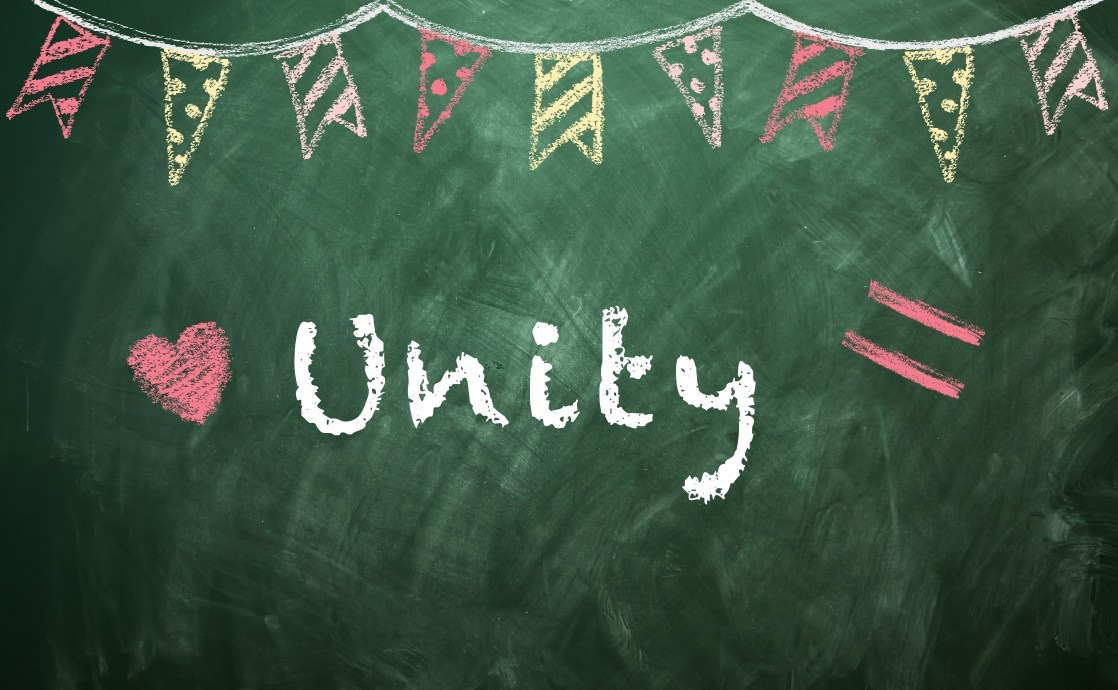The concept of unity stands as a pillar within the Bahá’í teachings, reflecting an intrinsic aspiration toward fostering harmony among diverse communities. One illustrative metaphor representing this profound tenet is the “Virtues Basket,” an evocative term that encapsulates the myriad virtues individuals are encouraged to cultivate for the collective well-being of society. The exploration of this metaphor provides insightful avenues to not only comprehend unity but also to actively engage with the transformative virtues that underpin it.
At its core, the Virtues Basket is emblematic of the diverse attributes—such as kindness, patience, and generosity—that, when woven together, create a thriving, cohesive community. It reveals an essential observation: as social beings, humans inherently yearn for connection and are captivated by notions of existence that transcend the limitations of the self. Nonetheless, the profound allure of unity often masks a deeper complexity. This complexity invites reflection upon how individuals engage with their personal virtues and how these personal development efforts reciprocally influence social dynamics.
The initial step in embracing unity involves self-acknowledgment. Personal reflection serves as the cornerstone for virtue development. Individuals must undertake an introspective journey, assessing their inherent qualities, acknowledging weaknesses, and celebrating strengths. This practice necessitates awareness of one’s emotions and thoughts, enabling a discernment of personal biases that may inhibit harmonious relationships. Such self-awareness is vital, for it forms the framework upon which empathy is built—an essential virtue for creating connections across differing worldviews.
Next, we must consider the role of compassion in this intricate tapestry of virtues. As the classical adage suggests, “to understand all is to forgive all.” By extending compassion not only toward friends and family but also to acquaintances and even adversaries, individuals exercise a crucial skill—convoluted though it may be. Compassion facilitates deeper understanding and fosters a sense of shared humanity. It implores individuals to engage in dialogues that bridge divergent perspectives, nurturing a collective identity rather than reinforcing exclusive boundaries.
Moreover, patience emerges as another vital virtue within the context of unity. In our fast-paced world, the tendency for immediate gratification often undermines patience, creating friction within interpersonal dynamics. However, the practice of patience manifests as the acceptance of others’ imperfections and the reality of differences in thought processes. This acceptance does not imply passivity but rather an active resilience to engage and collaborate, despite challenges. As individuals cultivate patience, they inevitably cultivate a space wherein unity flourishes, distancing themselves from impulsive reactions that can destabilize relationships.
Equally significant is the commitment to justice, a virtue that serves as a bedrock for unity. Justice entails a fair treatment of all individuals regardless of their background or beliefs, fostering an equitable framework within which meaningful interactions can occur. It calls upon individuals to advocate not only for their rights but for the rights of others, recognizing the interconnectedness present in the human experience. A focus on justice ensures that all voices are heard and facilitates a sense of belonging, integral to a unified community.
As individuals cultivate these virtues, the concept of service emerges as an extension of their practice. Engaging in acts of service embodies a selfless contribution to the communal basket of virtues, where the fruits of individual efforts are shared collectively, nourishing society as a whole. Service embodies a commitment to transcending personal interest for the good of others, fostering an environment where unity is manifest through action. The collaborative nature of service empowers individuals to channel their singular virtues into a collective force for good, generating ripple effects that can inspire broader societal transformations.
Central to this discourse is the understanding that unity does not imply uniformity. Instead, it celebrates a rich diversity that makes the communal experience vibrant and dynamic. How individuals honor each other’s unique contributions while navigating differences is critical to nurturing an inclusive atmosphere. This understanding paves the way for dialogues that embrace complexity rather than shun it, ultimately steering communities toward a more enlightened cohesion.
In pondering the complexities of unity as expressed through the Virtues Basket, it is imperative to recognize the cyclical relationship between personal virtue development and broader societal cohesion. As individuals refine their virtues, they do so not merely for their personal enrichment but to contribute to a larger narrative of collective growth. Unity emerges as a tapestry woven from the threads of individual commitments and shared responsibilities, underpinned by a recognition of the sacredness of all human life.
As we engage with the Virtues Basket and strive to embrace unity, we must be mindful of active implementation. Cultivating a culture that prioritizes virtues harnesses collective potential, propelling individuals toward a shared vision of harmony. It is a call to action demanding that each individual play their role, wielding their basket of virtues to nourish the world around them.
In conclusion, the journey toward unity, as illustrated by the Virtues Basket, is an enduring and multifaceted endeavor. It requires a conscious commitment to self-awareness, compassion, patience, justice, and service—all intricately intertwined in their contribution to a harmonious community. By honoring each virtue and recognizing their interconnectedness, individuals can transcend divisions, creating a profound and lasting impact that reflects the higher ideals at the heart of Bahá’í teachings.
